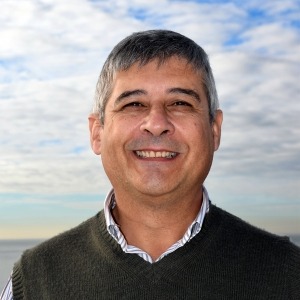
Group Leader
PhD in Biology, Universidade do Porto, 1988. Degree in Biology, Universidade do Porto, 1981. Current professional status: Full Professor at Faculty of Sciences, Porto University, since 1998. Head of the Fish Nutrition and Welfare Group – NUTRIMU, CIIMAR
Director of the M.Sc. in Biological Aquatic Resources, Faculty of Sciences, Porto University. Co-director of the PhD program in Biology.
Editor-in-Chief: Aquaculture Journal
Associate Editor of: Aquaculture; Animal Feedstuffs and Technology; Journal of the World Aquaculture Society
Domain of specialization: Fish Nutrition
Research interests: Nutrition of marine fish of interest for aquaculture.
Main research topics: Protein and amino acids requirements and metabolism. Carbohydrate and lipid metabolism. Ingredients alternative to fish meal and fish oil for use in aquafeeds. Nutritional strategies for improving fish health and welfare. Immunology. Gut microbiota. Use of nutraceuticals in fish nutrition.
